by bookshack | Feb 16, 2023 | Encouragement, Holidays, Homeschool Helps
It’s spring – time to dance with the flowers and soar with the birds! By spring, we’re starting to think about summer break, finishing out the homeschool year (unless you’re year-round),, and thinking about upcoming holidays… Here are activities, books, and resources for incorporating the holidays into your homeschool. Pick and choose what works best for your family. Bloom in springtime!
All of these resources are appropriate for middle and high school.
Books to Incorporate
Unit Studies
Online Unit Studies
Hands-On Activities
I know many of us are still in the thick of winter weather, but you’re probably starting to dream about spring right about now. Soon enough warmer weather and longer days will be here. But in the meantime, now is a great time to start planning some fantastic activities!
This week I’ve teamed up with some of my fellow homeschool bloggers to bring you some fantastic Spring themed tips, resources, and even a few FREEBIES. Be sure to check them all out below!
by shack-101 | Jan 9, 2023 | Encouragement, Homeschool Helps
Meal planning is essential for the busy homeschooling family. It not only helps you save time and money, but also eat a bit healthier. After all, who wants to eat frozen pizza and chicken nuggets every night? (Maybe that should say ‘what adult,’ rather than ‘who.’)Your weekly meal plan might be broken down to the day, or you might plan for five days worth of meals, and then choose what you’re in the mood for each day. This is a personal choice, and will depend on how much structure you and your family need. When you’re meal planning, keep in mind:
- Your family’s food preferences — no need to make breakfasts if no one eats that early
- Your weekly schedule — have some quick and on-the-go options for busy days
- Family dynamics — older kids can help with prep, cooking, and cleaning
- What’s on hand — for less waste / spending, create menus that use on-hand ingredients
Online Meal Planning
Ordering groceries online isn’t an option where we live, but it is for many people in urban and suburban areas. If you want to order online, start a grocery list and keep adding to it throughout the week (similar to if you have a paper one on the refrigerator to take in-hand to the store). Some folks swear by online shopping, saying they prefer to spend the extra money for someone else to do the shopping because it saves them from impulse purchases. You know whether you tend to impulse shop or not, so again, this is a personal (and potentially geographic) preference.)
Appliances & Early Meal Prep
Kitchen appliances are a huge time saver today…something our grandmothers would have cherished! You’ll want to take some time to get to know your appliance, but utilize them for convenient, healthy meals. Incorporate appliance-specific recipes into your meal planning each week to save time.
If you have them on hand, use your crockpot, air fryer, and InstaPot. However, if you’re in the market for a time-saving kitchen appliance, you can’t go wrong with the Ninja Foodi. This is the one we have, and it is A-MAZ-ING! (It does even more than the famous InstaPot.)
This little guy is a powerhouse – and barely takes up any room on the counter! It does the job of eleven different appliances, making it not only a time-saver, but a space-saver in the kitchen. As a former roadschooling family, I highly recommend this to any travelling families…it takes up just a little extra space in the car, but is very much worth it to have healthy meals while on-the-road.
So what all does Ninja Foodi do? Pressure Cook, Air Fry/Air Crisp, Steam, Slow Cook, Yogurt, Sear/Sauté, Bake/Roast, Broil, Dehydrate, Sous Vide & Warm. At 6.5 quarts, it’s large enough to feed a family of 4-6, but probably won’t work as well for larger families. It makes up to three pounds of fries, and can hold a six-pound roast, so it will depend on ages and how much food is needed.
I love it because of its versatility and efficiency. The other night, we made arroz con pollo – from dried rice and frozen chicken – in less than 45 minutes! For this and other great recipes, we picked up a very handy book called Ninja Foodi Complete Cookbook for Beginners.
Freezer Cooking
If you know you’re going to have a busy period, try freezer cooking. This is essentially cooking everything ahead of time and then pulling it out of the freezer to reheat. Not all recipes lend themselves to this method, but many recipe PARTS do. You can prep taco meat or spaghetti sauce ahead of time, making dinnertime easier. Check out the freezer cooking resources below to get you started!A Slow-Cooked Year
This book includes : the whats and whys behind crockpot cooking, how-to tips and tricks, safe crockpot guidelines, printable planning sheets, and more than thirty seasonally-appropriate, kid-friendly recipes! | Another Year of Freezer Cooking
For anyone who wants to get a leg up on getting healthy meals on the family table, without much fuss…this book includes : the whats and whys behind freezer cooking how-to tips and tricks pantry freezing guidelines, printable planning sheets more than thirty seasonally-appropriate, kid-friendly recipes!
|
 Snag this adorable tee to tout your homeschool status and celebrate the #HomeschoolMomLife!
Snag this adorable tee to tout your homeschool status and celebrate the #HomeschoolMomLife!
Resources for Meal Planning
Novel Studies & Hands-On Helpers
Recipes to Get You Started!
Take the 30 Day Challenge!
Thirty days of whole foods, at-home workouts, and spiritual rest…you’ve nothing to lose and everything to gain from hitting the reset button. You’ll get a month of grain-free paleo menus, plus Life Made Full’s 30-day guide will enrich your life physically, emotionally, and spiritually, setting you up for your best year yet!
by bookshack | Dec 28, 2022 | Encouragement, Homeschool Helps, Training & Resources
Can we be honest for a moment? Homeschooling is a HARD JOB. It’s a huge responsibility. There’s the part that everyone sees, and then there’s all the other stuff underneath the surface, which takes a lot of mental energy.
Homeschooling has the potential to place an enormous toll on a your mental mental health. You might become excessively tired, cranky, or sad, or have difficulty concentrating, or have lethargy that leaves you not even wanting to teach at all. (aka, burnout)
Taking care of yourself, both physically and mentally, is so important to being an effective teacher and enjoying happy homeschooling days. You know these, but it never hurts to be reminded, especially if you find yourself needing to re-center.
- Acknowledge that this is a busy season of life
- Create a routine to reduce stress
- But be flexible with your routine, when needed
- Ask friends and family for help
- Get plenty of sleep
- Eat healthy foods
- Exercise both your mind and body
- Take a moment all to yourself
- Remember to have fun
Try incorporating some of these other methods for a healthier, happier homeschooling life!
.jpg)
Outside (the body)
Physical
Mental
Foodie
Herbs & Herbal Remedies
Resources for Further Learning
Make this year YOUR year! This reusable calendar features monthly at-a-glance pages and weekly pages with space for notes and planning. Each week also has a habit tracker grid to help keep the momentum going with your new habits! Just print and reuse each year for your planner.
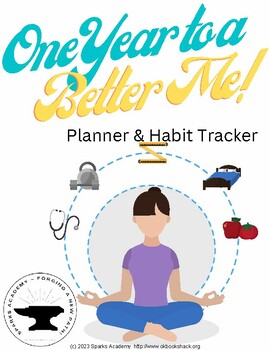
by shack-101 | Dec 1, 2022 | Encouragement, Homeschool Helps, New Homeschoolers
Aviation history is over two millennia old, with earliest forms existing in China’s kite-flying. DaVinci dreamed of man flying in the 15th century, and the Montgolfier brothers began manned flight with hot air balloons in the 18th century. Lilienthal experimented with gliders in the 19th century, but it wasn’t until two brothers took a short break from gravity, in December 1903, that flight really ‘took off!’
Since that time, modern scientists and aviators have worked together to grow the industry by leaps and bounds, including zeppelins, jet engines, flying boats, pilotless drones, space flight, and long-distance space travel…
Aviation Field Trips
Space-Themed Field Trips
Aviation / Space Unit Studies
Aviation / Space Resources
Hands-On Learning
(we have both of these…and love them!)
by bookshack | Nov 6, 2022 | College Prep, Encouragement, High School, Homeschool Helps, Training & Resources
Nike says, “Just do it.” While spontaneous decisions work well at some points in life, there are other choices that require a depth of thought and consideration that won’t allow you to ‘just do it.’ Maybe something doesn’t feel right, or maybe it feels completely right…how will you know? This is where discernment comes in to play.
To discern means to judge, evaluate, and distinguish. Some people come by this naturally, while others must develop it, yet those who are gifted with discernment are often seen as judgmental, critical, and unloving. However, we live in an age when ideas are spread globally within an amazingly short period of time, and discernment is the only way to cut through the noise and find the important, and correct, information.
A good discerner understands falsifiability and knows the difference between an argument and an assertion. What should you know?
- Argument – a claim supported by reason or logic
- Assertion – an unsupported claim, often an opinion
- Falsifiability – capacity for an argument or hypothesis to be proven wrong
- Did you know – Facts can be both true AND false!!
- Nice and charming do not equal honest. Often when someone is accused of teaching something false, someone else will defend them by saying “But they are such a nice person.”
Decision-Making
In decision-making, the three steps of the discernment process are awareness, understanding and action. All three are important — if you make a good decision, but fail to act, you’ve ultimately made a poor decision. If you fail to apply consideration, and act hastily, you’ve not chosen well. Therefore, it is important to go through the process completely.
Some decisions will be personal, such as where (or if) to attend college, where to move to, or whether to take that job. Other decisions will be more general, yet no less important, such as who to vote for or how you feel about a particular issue of national / world importance.
Awareness
Know yourself. This includes your hopes and dreams, likes and dislikes, strengths and weaknesses. How do you perform under stress? What is your ideal career / future plan / {insert decision here}? How do others see you?
Start at the beginning. What do you already know about the decision ahead of you? What are the pros and cons, or the various factors? What kind of support do you have? Are there multiple perspectives involved?
Understanding
Give it time. Not all decisions will have the luxury, but if you have the time to wait, do more investigating, and ruminate upon your decision, you may find that you do better. No one is impervious to this process — folks familiar with scripture will remember that even Jesus agonized in the Garden of Gethsemane.
Spend Time in Thought / Meditation / Prayer. After making a decision, but before action, you should feel a sense of inner peace with your decision. This is a feeling of tranquility about the next steps, and not just relief that you’ve finally made a decision.
Action
Get going. Whether this means applying to college, putting a down payment on a house, accepting that job, going into the voting booth, advocating for a group or issue, or however else your decision manifests itself…now is the time to act.
Evaluate. Every action has a reaction, a consequence. There are both good and bad consequences, external and internal. Internally, how do you feel now that you’ve acted? Do you still have that peace? How have others reacted to your decision? Do you need to reevaluate and course correct?
It is worth remembering that you can’t please all of the people all of the time. Ultimately, you are the one who has to live with yourself, and so it is important to focus on the internal response. (Obviously, if your decision was to commit a felony, there will still be an external response you need to heed….)
Developing Discernment
Practice through Literature
These books can be difficult for students to plow through at times, but the online unit studies help break down their components, allowing students to practice predicting and analyzing, both of which lead to stronger discernment.
Parents can use these books to teach kids to ask meaningful questions, recognize bias, and stand up for themselves…
Learn about Worldviews
In a world that is constantly struggling for peace, having a better understanding of belief systems and values can help us to understand different people and cultures…which may lay the foundation for a thoughtful progression amid a multitude of complex cultures. These courses provide that background.
Be a Detective
Develop Supportive Skills
Read (or Watch) the News
Remember to look at sources from both left-leaning and right-leaning media. How do the stories compare in tone and coverage? Try to find one topic and look at the stories on each side.

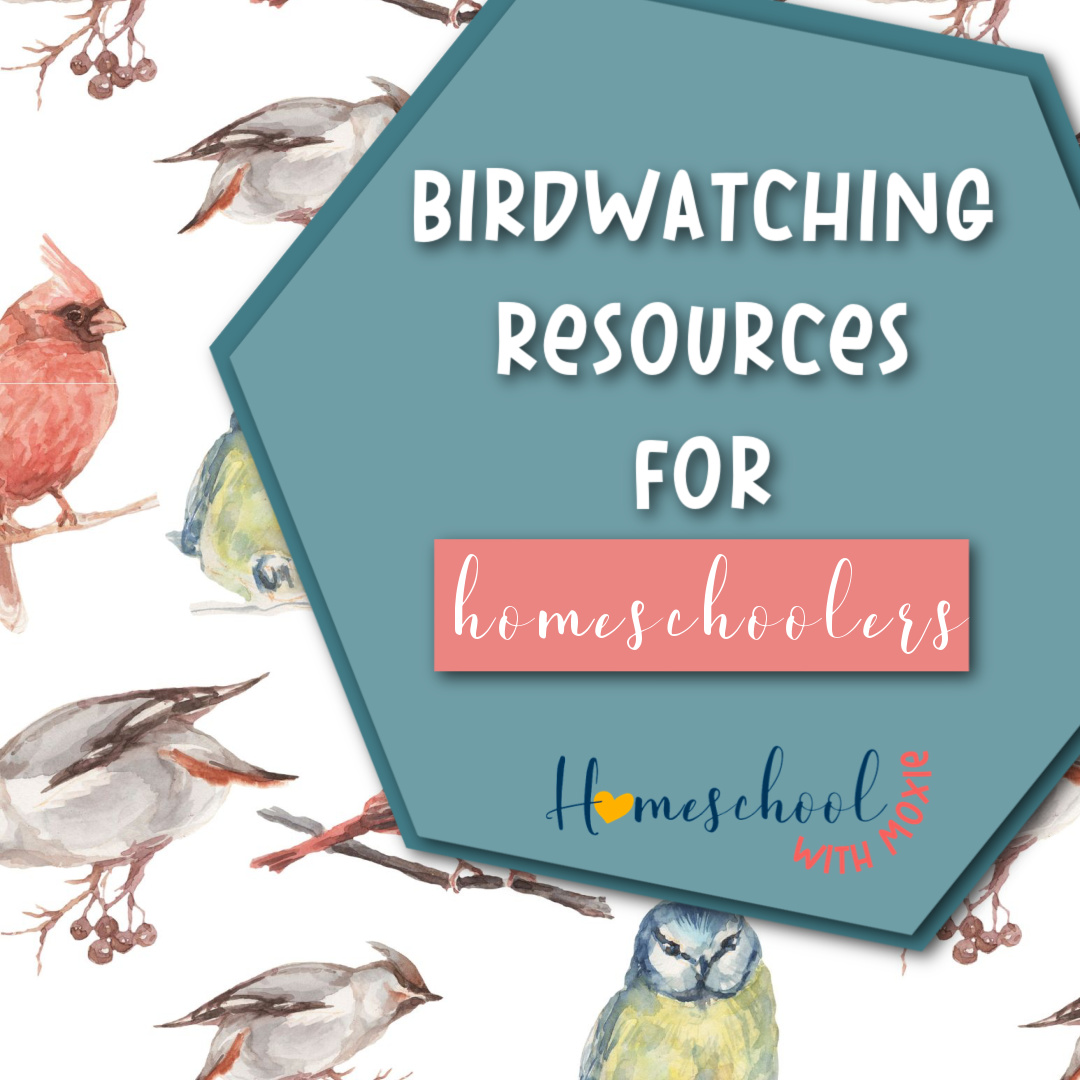



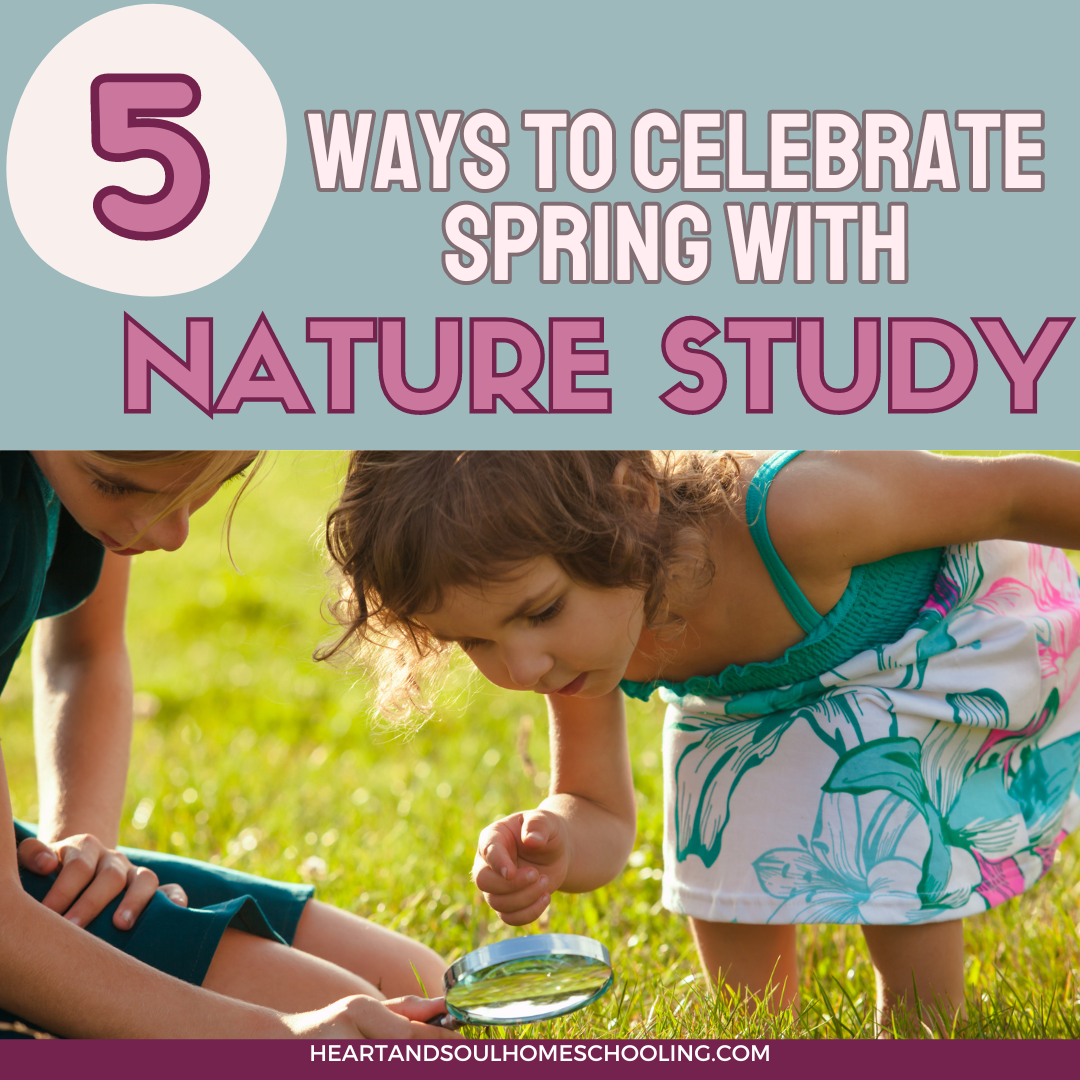
.jpg)




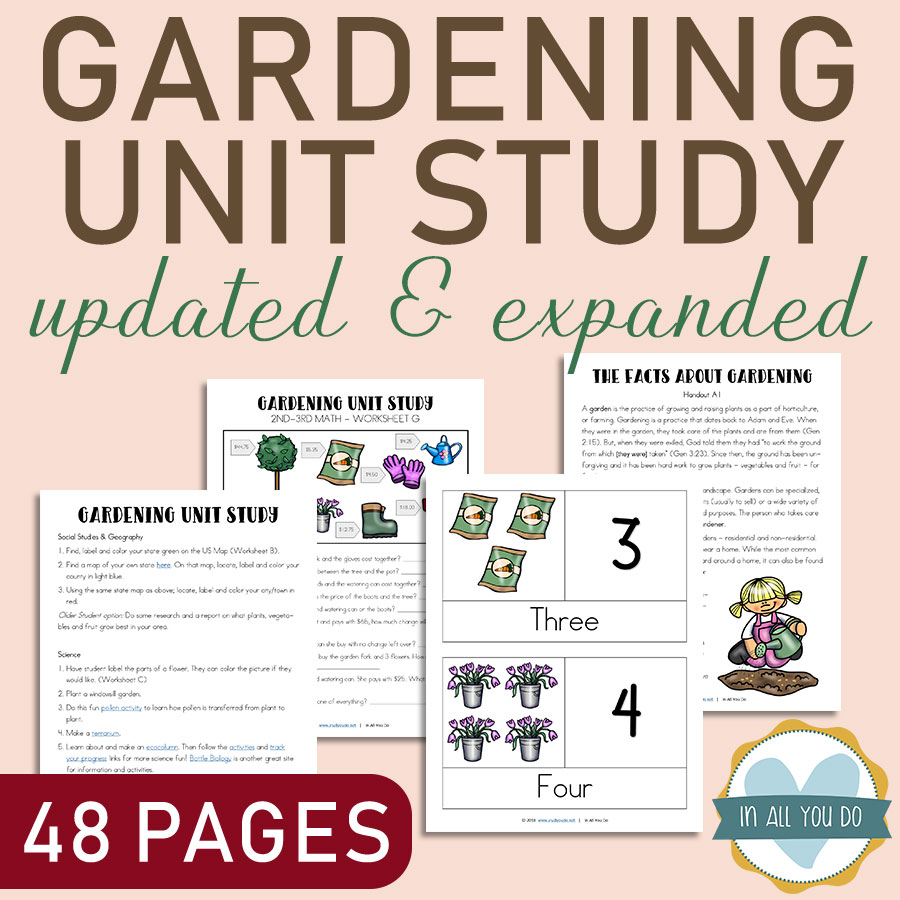
.jpg)






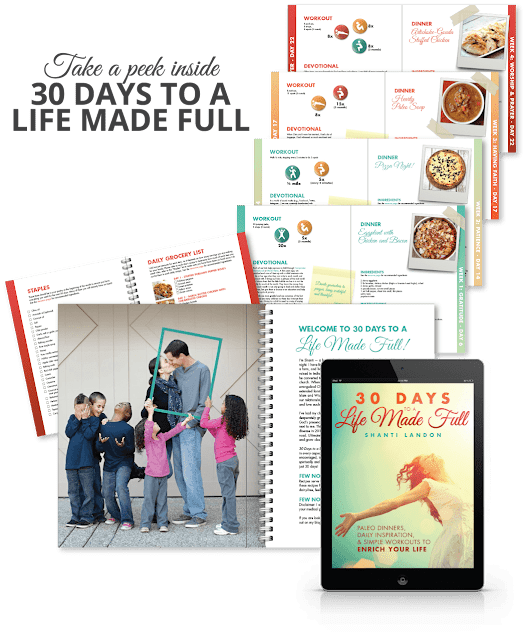



.jpg)


.jpg)




.jpg)



.jpg)


